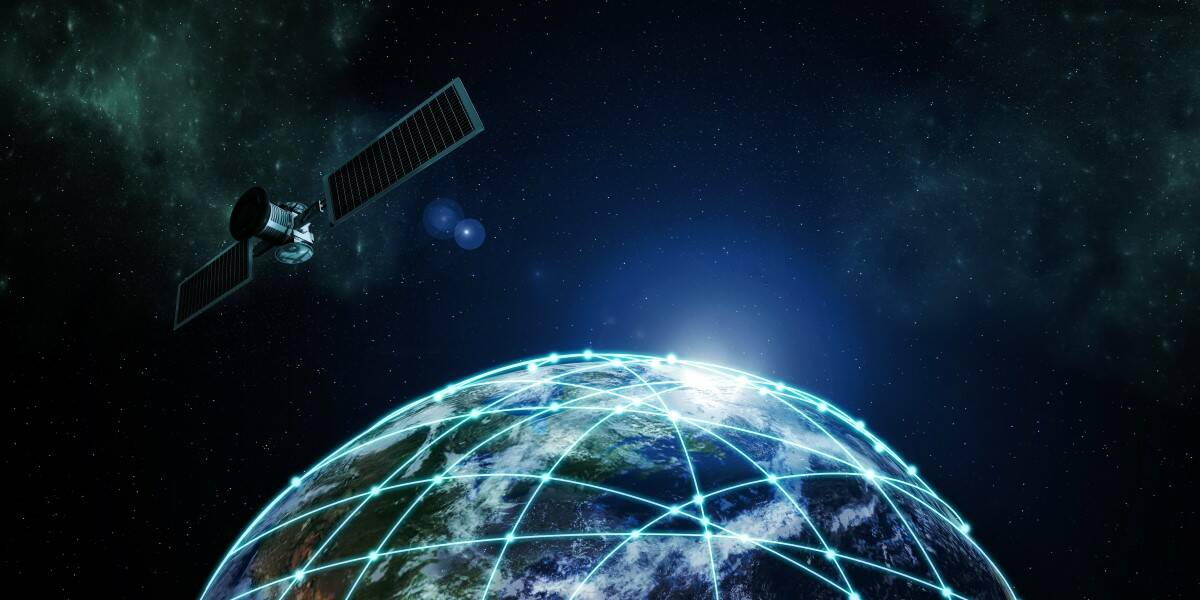Starlink Finally Files Proper Paperwork To Operate In India

Starlink is in the process of procuring clearances for operation in India according to the nation's telecom minister, Jyotiraditya Scindia.
Elon Musk's space broadband company has already tried to enter the Indian market, only to be hampered by regulatory barriers.
In late 2021 Starlink's local boss bragged that it had signed up over 5,000 customers and was actively encouraging more pre-orders. New Delhi told Starlink to refund all pre-orders until it had secured the proper licenses.
That attitude remains in place. "They [Starlink] have to comply with all rules to get the license," Scindia reportedly told members of the press this week.
To operate in India, Starlink will need to store all user data locally and encrypt all signals. The outfit is said to have committed "in principle" to complying with the guidelines.
But even if Starlink ticks all regulatory boxes, it still faces industry opposition.
At an open house held by the Telecom Regulatory Authority of India (TRAI) last week, the prospect of Starlink undercutting local carriers – who already operate on thin margins – and sparking a fresh and unsustainable price war was one topic of conversation.
Starlink India director Parnil Urdhwareshe dismissed that fear as an "unfortunate and entirely false allegation of possible predatory pricing by next-generation systems."
It's hard to see how Starlink could seriously challenge India's telcos, which have hundreds of millions of customers for their broadband and mobile services. Many of those customers are in rural areas – a prime target for Starlink – but Musk's services are priced well above the packages offered to Indian consumers.
- India's space gatekeepers pick Eutelsat OneWeb to provide satellite broadband
- Starlink was offered for free to those hit by Hurricane Helene. It is not entirely free
- South Korea's biggest mobile telco says 5G has failed to deliver on its promise
- Alphabet, Bharti Airtel to bridge India's digital divide with frickin' laser beams
- Big Tech got its 'next billion' – but there's three billion people still offline
Elon has been given at least one significant break, however. In October of this year, it was announced that spectrum for wireless internet services in India would be awarded administratively, rather than by auction. It was an outcome he had wanted, while fellow billionaire Mukesh Ambani – who owns dominant Indian carrier Reliance Jio – desired the opposite.
And while Starlink may have missed out on several years of growing a customer base in India, there's plenty more to come.
"The fact that our digital economy is advancing at a pace of 2.8 times of our GDP means that by the year 2026/27 the digital economy will [be] 20 percent the size of India's total economy," promised Scindia.
Scindia sees the evolution of non-terrestrial networks with "great optimism."
"The advent of non-terrestrial networks, in addition to the GEO satellites, the medium earth orbit, and the low earth orbit satellites, has now given a new inflection point to telecommunication technology," he said. ®
From Chip War To Cloud War: The Next Frontier In Global Tech Competition
The global chip war, characterized by intense competition among nations and corporations for supremacy in semiconductor ... Read more
The High Stakes Of Tech Regulation: Security Risks And Market Dynamics
The influence of tech giants in the global economy continues to grow, raising crucial questions about how to balance sec... Read more
The Tyranny Of Instagram Interiors: Why It's Time To Break Free From Algorithm-Driven Aesthetics
Instagram has become a dominant force in shaping interior design trends, offering a seemingly endless stream of inspirat... Read more
The Data Crunch In AI: Strategies For Sustainability
Exploring solutions to the imminent exhaustion of internet data for AI training.As the artificial intelligence (AI) indu... Read more
Google Abandons Four-Year Effort To Remove Cookies From Chrome Browser
After four years of dedicated effort, Google has decided to abandon its plan to remove third-party cookies from its Chro... Read more
LinkedIn Embraces AI And Gamification To Drive User Engagement And Revenue
In an effort to tackle slowing revenue growth and enhance user engagement, LinkedIn is turning to artificial intelligenc... Read more

